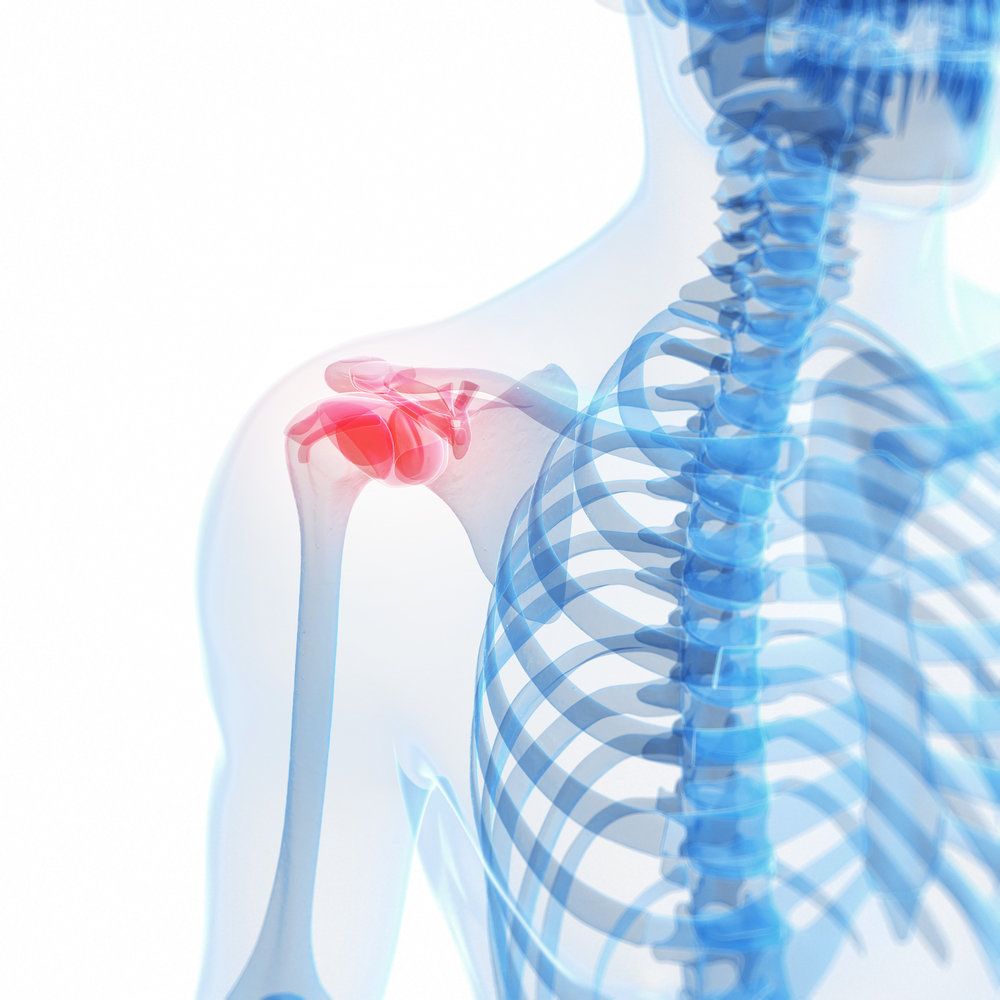 The rotator cuff refers to a group of muscles and tendons that are located in the shoulder. These muscles and tendons connect the shoulder blade to the upper arm. The muscles of the rotator cuff help with shoulder and arm rotation, while the tendons of the rotator cuff provide stability.
The rotator cuff refers to a group of muscles and tendons that are located in the shoulder. These muscles and tendons connect the shoulder blade to the upper arm. The muscles of the rotator cuff help with shoulder and arm rotation, while the tendons of the rotator cuff provide stability.
If a serious injury affects the rotator cuff, the ideal option for treatment is usually state-of-the-art shoulder surgery at our Austin practice. Let's consider this issue in a bit more detail.
About Rotator Cuff Injuries
When a person suffers a rotator cuff injury, this can result in pain, discomfort, weakness in the arms, stiffness of the shoulder and upper arm, and problems with overall mobility. These kinds of injuries are often the result of long-term wear and tear on the shoulder.
Heavy lifting, repetitive motions, and strenuous physical activities can make rotator cuff problems more likely. The likelihood of rotator cuff injuries increases after age 40, in certain lines of work (e.g., construction), and if a person has a family history of shoulder problems.
Rotator Cuff Conditions
There are different kinds of conditions that can affect the rotator cuff. Some common rotator cuff conditions include:
-
Torn Rotator Cuff – This condition involves torn tendons of a rotator cuff
-
Rotator Cuff Tendinitis – This condition involves a strain injury of the tendons of the rotator cuff
-
Rotator Cuff Impingement – This condition involves tendons becoming pinched between two bones of the shoulder and upper arm area (the humerus and the acromion)
-
Frozen Shoulder (Adhesive Capsulitis) – This condition involves the humerus adhering to the shoulder blade (scapula)
-
Subacromial Bursitis – This condition involves inflammation of the bursa, a small sac of fluid that cushions the tendons of the rotator cuff from adjacent bones
When Is Rotator Cuff Surgery Necessary?
Rotator cuff surgery is an ideal option when less invasive treatment prove ineffective or no longer feasible. During the consultation process, your situation can be diagnosed and assessed. Minimally invasive treatments such as medications, proper rest, physical therapy, and steroid injections may be tried first.
Types of Rotator Cuff Surgeries
There are different approaches and surgical techniques that may be used to repair the rotator cuff. Some common options are as follows:
-
Arthroscopic Tendon Repair – During this surgery, a camera and surgical tools are inserted into the shoulder area using small incisions. The tendon can then be reattached to the bone or otherwise treated as needed.
-
Open Tendon Repair – An open shoulder surgery, the surgeon makes an incision along the shoulder area in order to access the rotator cuff and reattach tendons as needed.
-
Bone Spur Removal – If bone overgrowth are caused irritation of the rotator cuff, these bone spurs can be removed. The procedure may be performed using small incisions in a number of cases.
-
Tendon Transfer – When a torn or injured tendon is too damaged to be reattached, a surgeon may use a nearby tendon as a replacement for the damaged one.
-
Shoulder Replacement – Reserved for major rotator cuff injuries, these kinds of surgeries replace the entire shoulder joint with an artificial one to improve rotation and arm strength.
Learn More About Rotator Cuff Injuries
If you would like more information about rotator cuff injuries and how we can help restore range of motion, strength, and wellness to your shoulder, be sure to contact our team of orthopedic surgery specialists today. We will work with you to find an ideal approach to addressing your problem.
